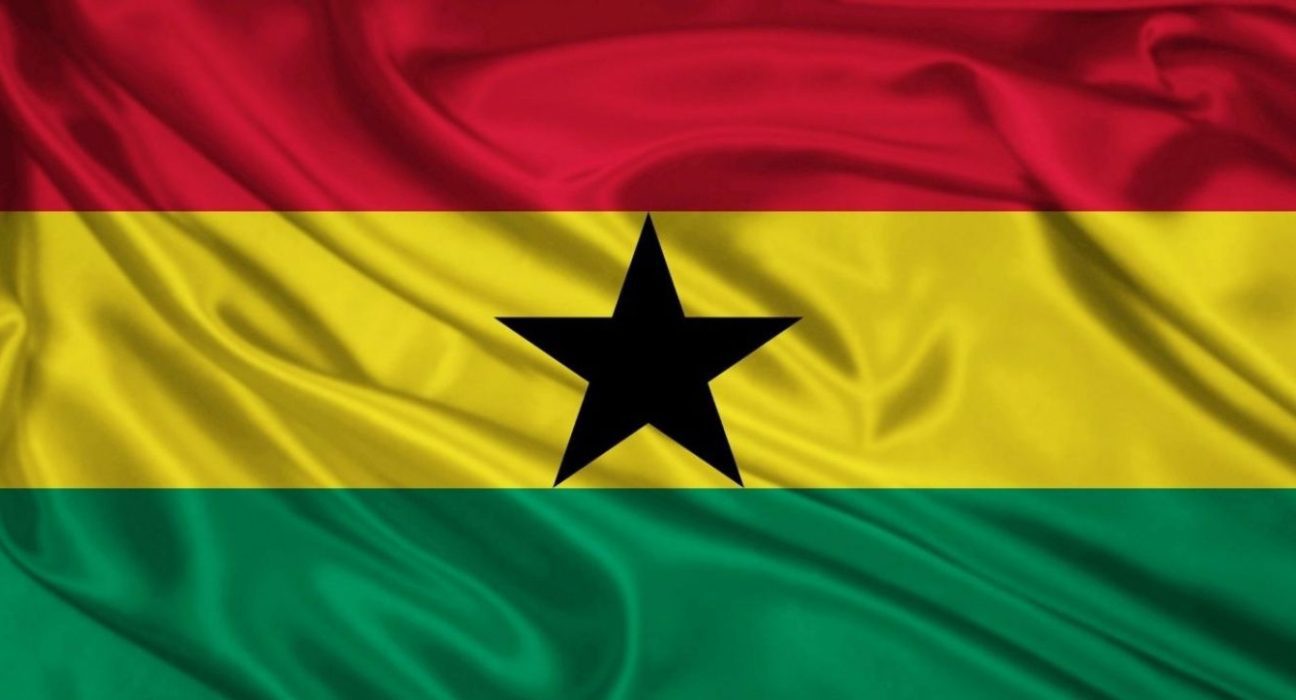Ghana is facing its worst economic crisis in a generation, with soaring inflation, a plunging currency, and a massive debt burden. The country has defaulted on most of its external debt in December 2022 and restructured its domestic debt in February 2023. It is now seeking a $3 billion loan from the International Monetary Fund (IMF) to restore fiscal stability and debt sustainability.
What is the Common Framework?
One of the conditions for the IMF loan is that Ghana has to restructure its external debt under the Common Framework, a platform launched by the Group of 20 (G20) major economies in November 2020 to provide debt relief to low-income countries hit by the COVID-19 pandemic and other shocks.
The Common Framework aims to ensure that all official bilateral creditors provide comparable treatment to eligible countries, including debt rescheduling, reduction, or cancellation. It also encourages private creditors to participate in the debt restructuring on comparable terms.
Ghana is the second country after Zambia to request debt treatment under the Common Framework. It has $5.4 billion of debt to official creditors eligible for restructuring, according to government data. It also has $14.6 billion of debt to private creditors, mostly in the form of Eurobonds.
Who are Ghana’s official creditors?
Ghana’s official creditors include multilateral institutions such as the World Bank, the African Development Bank, and the IMF, as well as bilateral lenders such as China, France, Germany, Japan, and the United States.
According to the IMF, Ghana’s external public debt stock at end-2022 was $22.9 billion, of which $8.9 billion was owed to multilateral creditors and $7 billion was owed to bilateral creditors. China was the largest bilateral creditor with $2.8 billion, followed by France with $1.1 billion.
How are China and France involved?
China and France have agreed to co-chair a committee of Ghana’s official sector creditors for debt restructuring talks, the Paris Club of creditor nations said on Friday. The Paris Club is an informal group of 22 mostly Western countries that coordinates debt relief for countries in distress.
The co-chair arrangement reflects China’s growing role as a lender to developing countries, especially in Africa. China is not a member of the Paris Club but has participated in some of its meetings as an observer. It has also agreed to implement the Common Framework principles in its bilateral lending.
France, on the other hand, is a founding member of the Paris Club and a traditional ally of Ghana. It has been supportive of Ghana’s efforts to secure IMF assistance and debt relief. It has also pledged to increase its bilateral cooperation with Ghana in areas such as energy, agriculture, and health.
What are the benefits and challenges of the debt restructuring?
The debt restructuring under the Common Framework is expected to provide significant relief to Ghana’s public finances and improve its debt sustainability. It will also unlock the $3 billion IMF loan, which will help Ghana address its balance of payments needs, support its economic recovery, and implement structural reforms.
However, the debt restructuring process is not without challenges. It requires coordination and consensus among a diverse group of creditors with different interests and preferences. It also involves complex legal and technical issues that may take time to resolve.
Moreover, the debt restructuring may have implications for Ghana’s access to international capital markets and its credit rating. Ghana is one of the largest issuers of Eurobonds in Africa and has relied on external financing to fund its development projects. The restructuring may affect its borrowing costs and investor confidence in the future.










